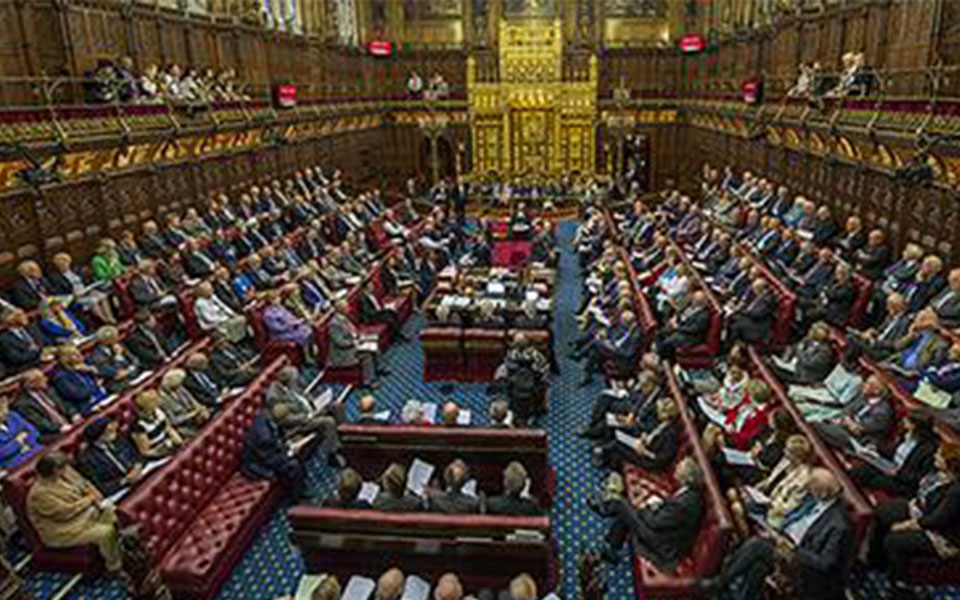London, April 16: The autonomous power to hurt, destroy or deceive human beings should never be vested in Artificial Intelligence (AI), said a UK parliamentary report on Monday.
It is essential that ethics take centre stage in AI's development and use, said the House of Lords Artificial Intelligence Committee's report -- AI in the UK: Ready, Willing and Able?
The report said that a cross-sector AI Code should be established, which can be adopted nationally and internationally.
Suggesting principles for such a code, the committee said that AI should be developed for the common good and benefit of humanity and that it should operate on principles of intelligibility and fairness.
AI should not be used to diminish the data rights or privacy of individuals, families or communities, the report said.
Moreover, all citizens should have the right to be educated to enable them to flourish mentally, emotionally and economically alongside AI, it added.
"AI is not without its risks and the adoption of the principles proposed by the Committee will help to mitigate these," said Lord Clement-Jones, Chairman of the Committee.
An ethical approach ensures the public trusts this technology and sees the benefits of using it. It will also prepare them to challenge its misuse," he added.
It is not currently clear whether existing liability law will be sufficient when AI systems malfunction or cause harm to users, and clarity in this area is needed, said the report.
In its report, the committee also pointed out that many jobs will be enhanced by AI, many will disappear and many new, as yet unknown jobs, will be created.
Warning of the dangers of a few technology firms dominating AI development, the report said that greater competition is required in this segment.
Let the Truth be known. If you read VB and like VB, please be a VB Supporter and Help us deliver the Truth to one and all.
Dubai (AP): The US State Department on Tuesday ordered the evacuation of non-emergency personnel and family in Bahrain and Jordan.
The State Department announcement online said the decision came “due to safety risks.”
ALSO READ: US Embassy in Saudi Arabia hit with Iranian drones as American and Israeli attacks on Iran escalate
The State Department has urged Americans across the Mideast to leave over the ongoing war with Iran.
The US Embassy in Saudi Arabia has acknowledged coming under attack from Iranian drones Tuesday and urged Americans to avoid the diplomatic post for the time being.
The Saudi Defense Ministry earlier Tuesday said the embassy was attacked by two drones.





